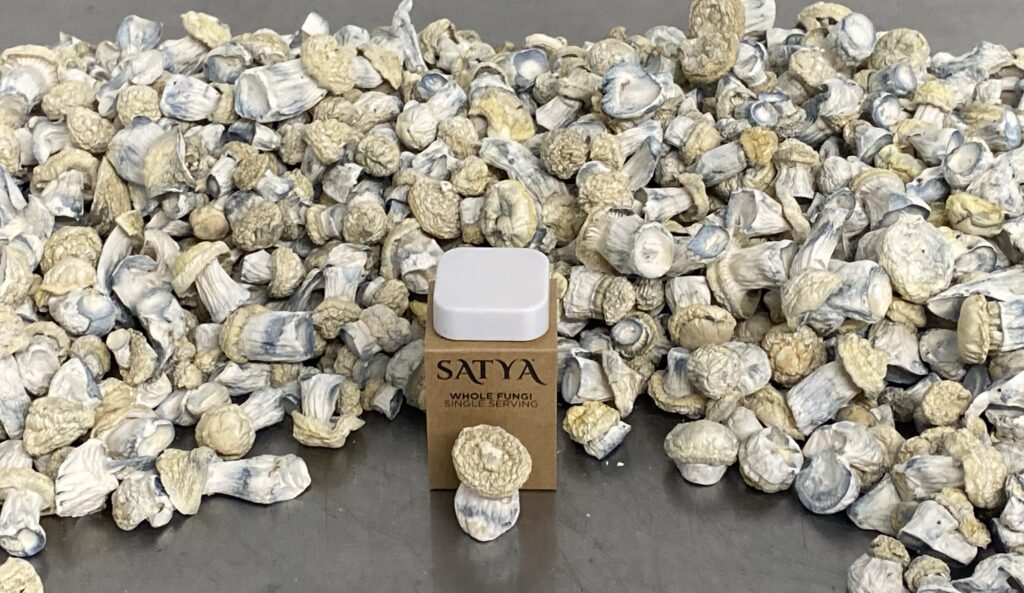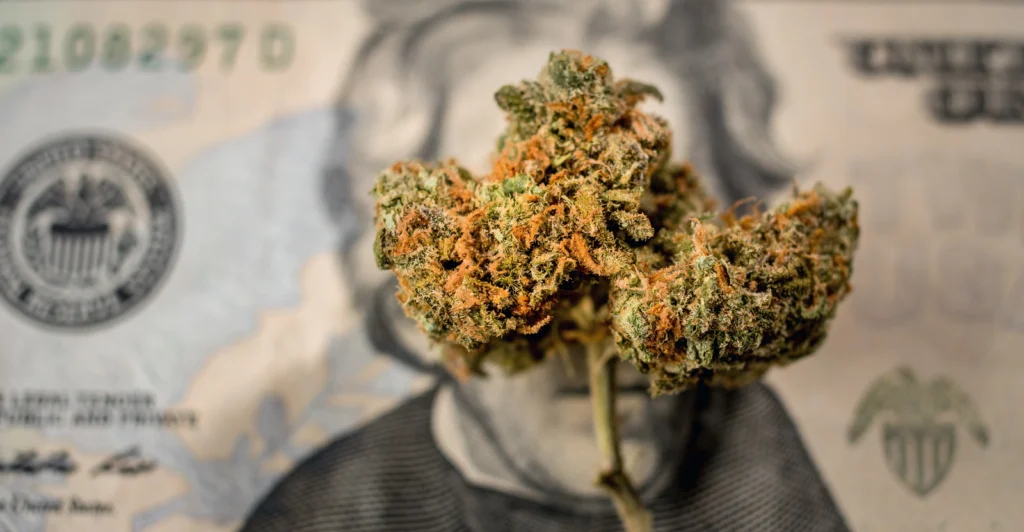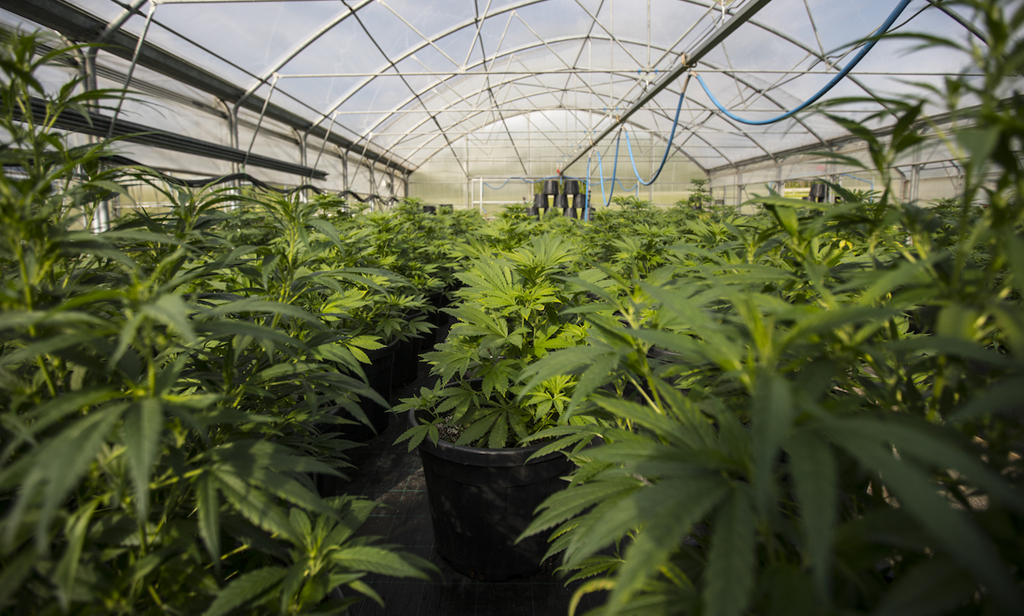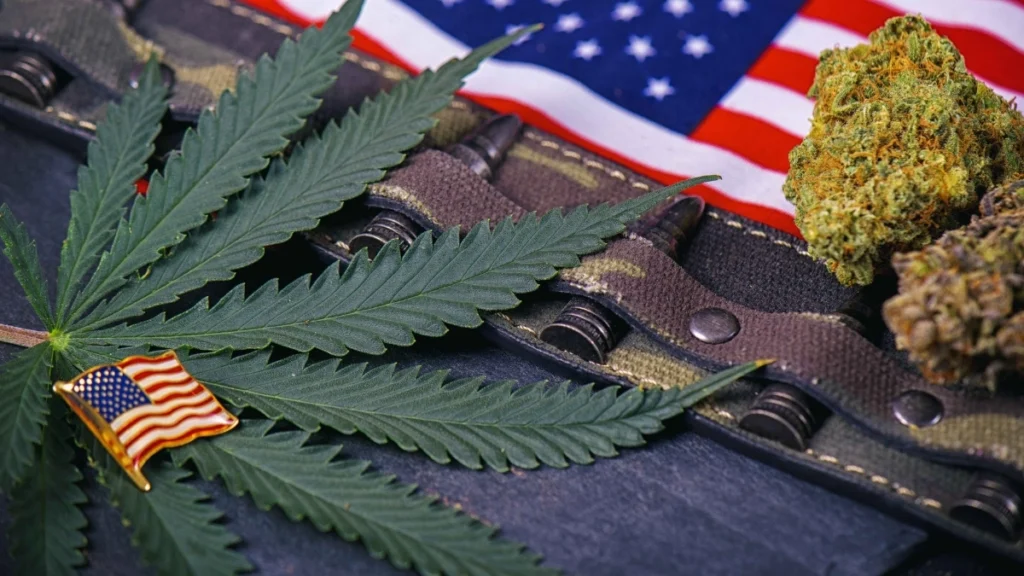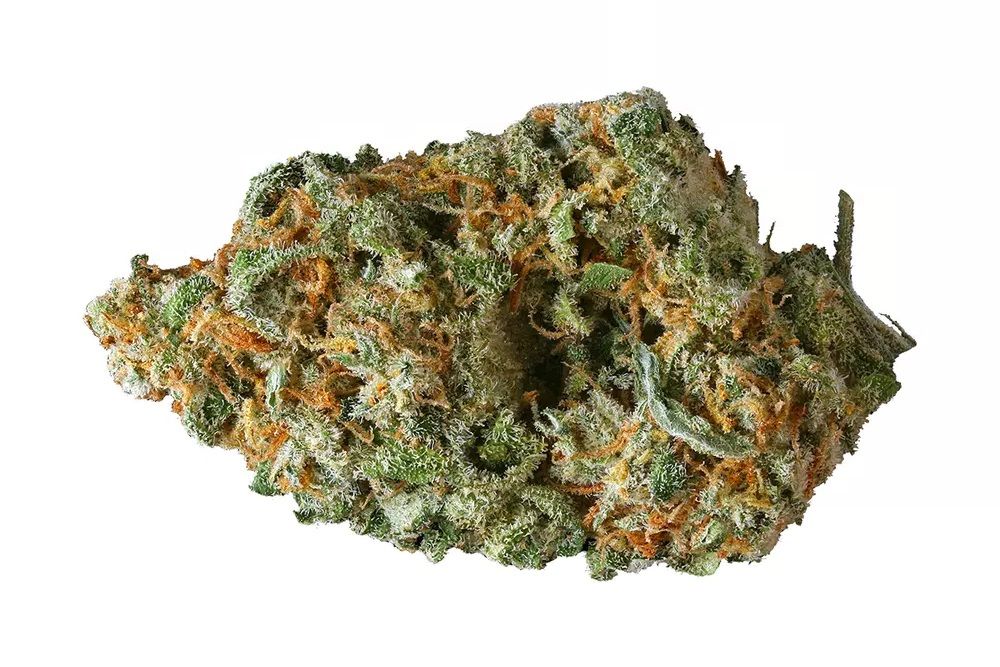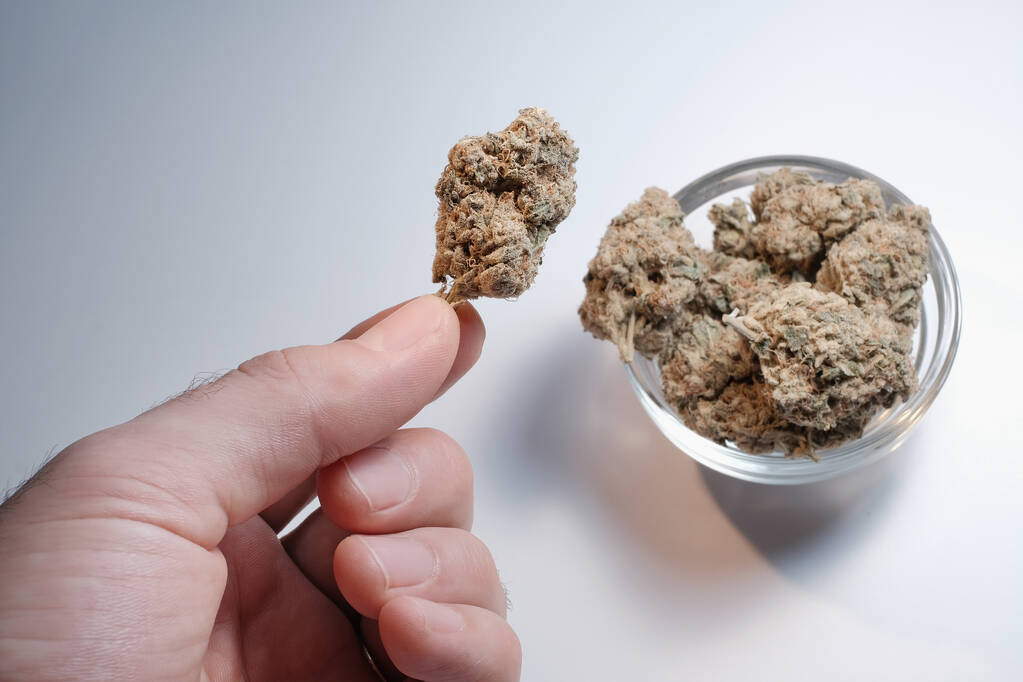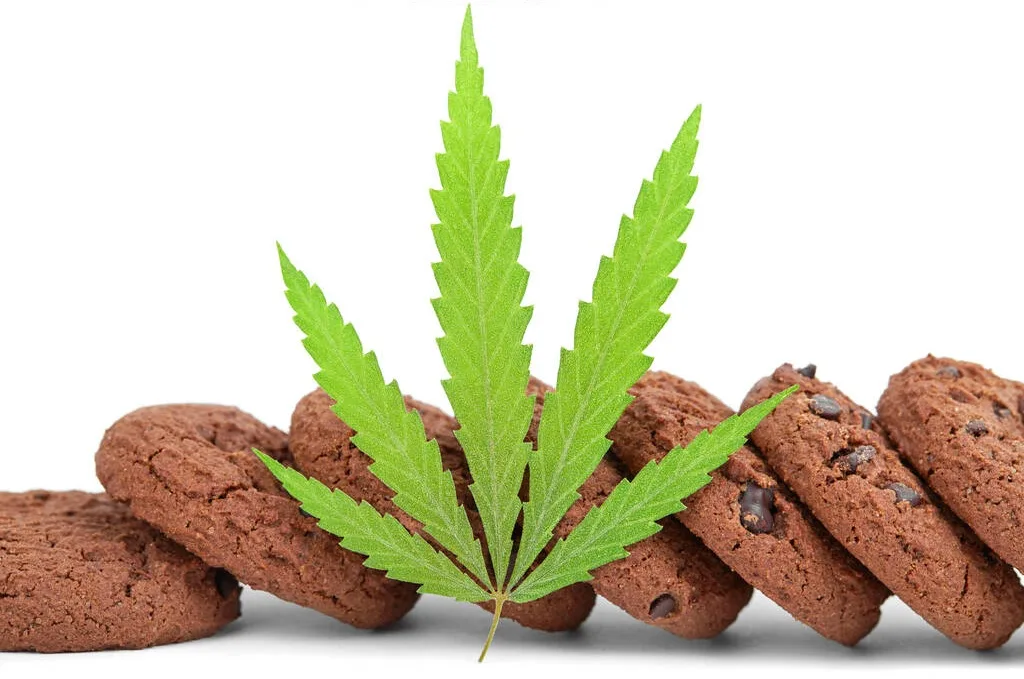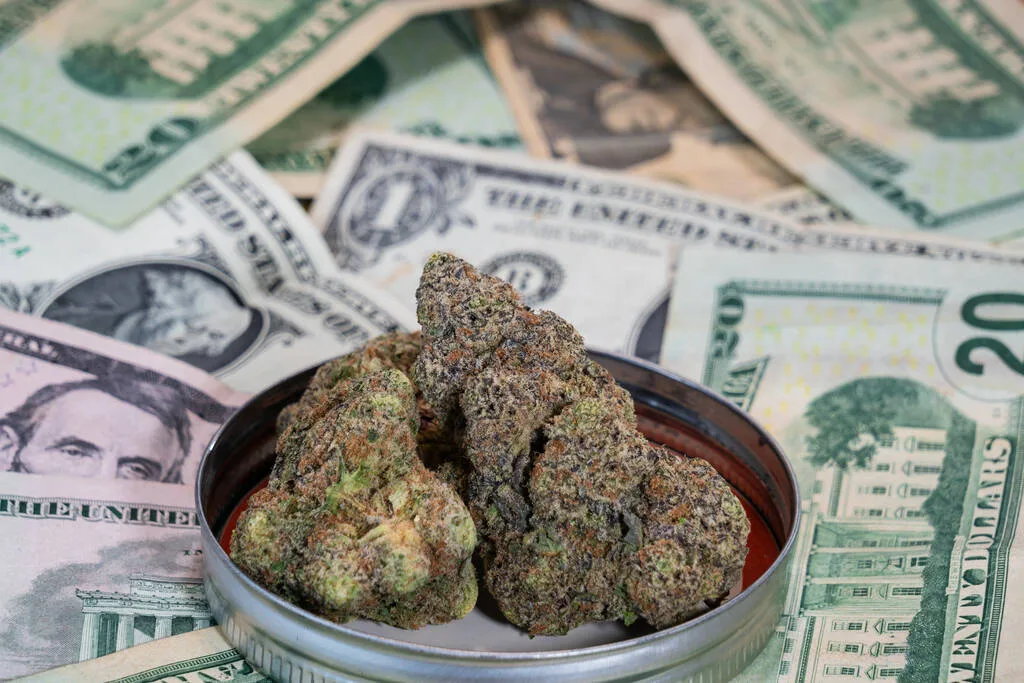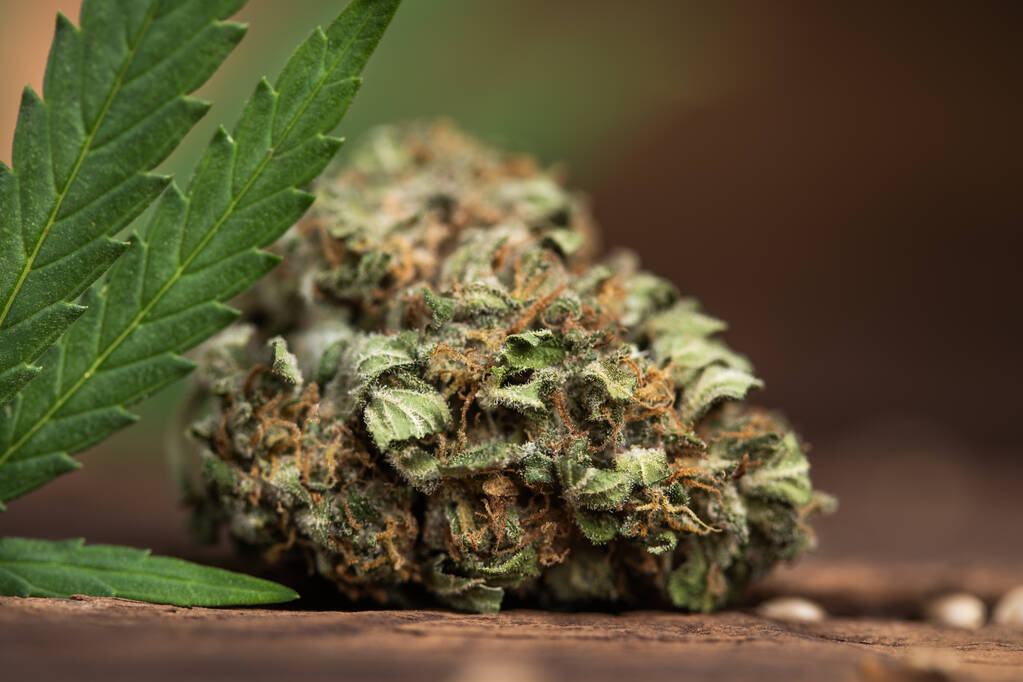A bipartisan group of nine Maine lawmakers has introduced a bill that would allow the creation of licensed medical marijuana farmers’ markets.
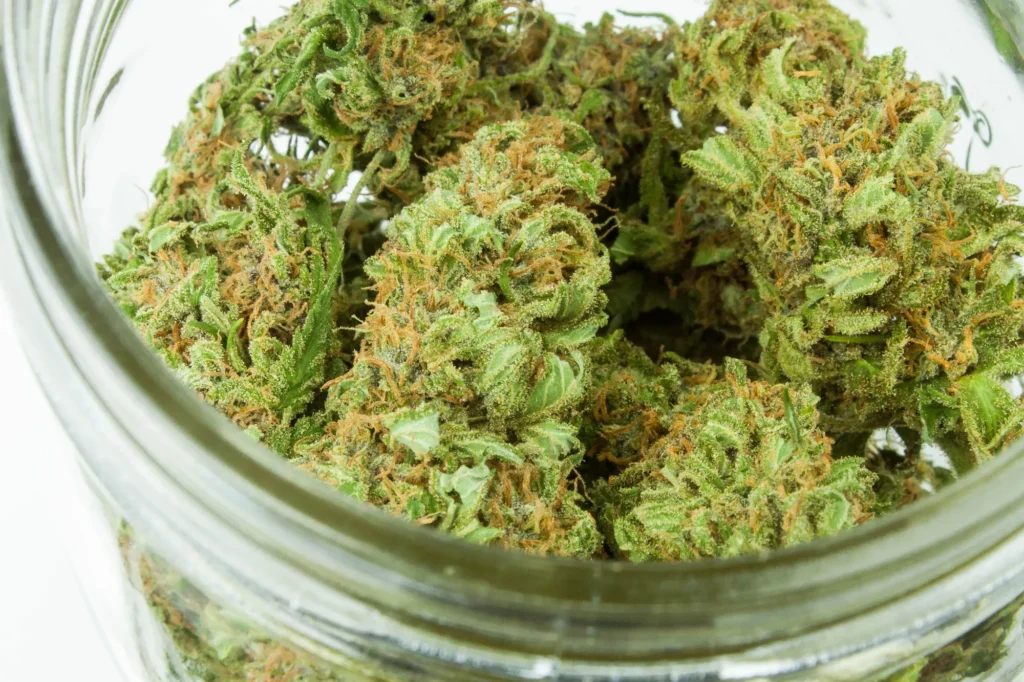
Filed today, House Bill 1559 was referred to the Committee on Veterans and Legal Affairs. The measure is sponsored by State Representative Chapman of Auburn and cosponsored by Senators Bickford of Androscoggin and Hickman of Kennebec, along with Representatives Bishop of Bucksport, Boyer of Poland, Eder of Waterboro, Fredericks of Sanford, Lance of Paris, and Supica of Bangor.
If passed into law, the bill would authorize the Office of Cannabis Policy to license medical marijuana farmers’ markets, defined as buildings or spaces where registered caregivers and dispensaries can sell cannabis products directly to qualified patients. These markets would also allow onsite consumption by patients who purchase products.
Continue reading

